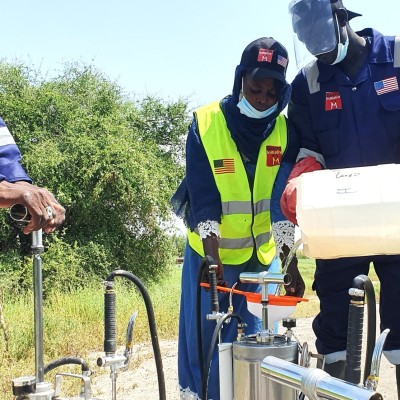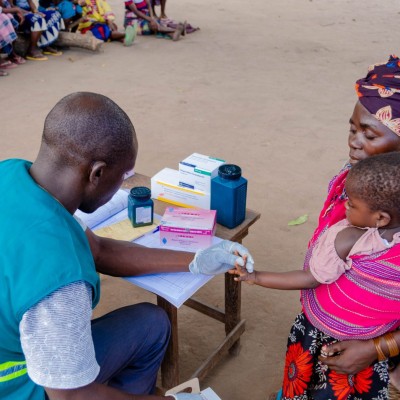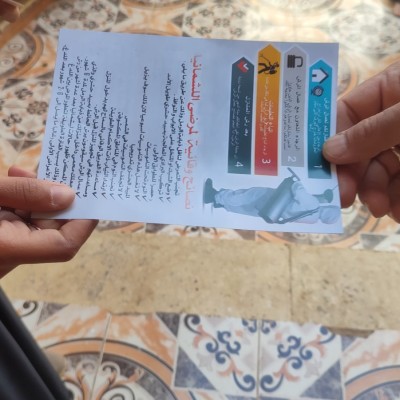Cross sectional surveys and assessments enable us to understand disease prevalence, the knowledge, attitude and practices relating to a certain issue or the health needs of a specific population. They also help us analyse the impact of our activities.
Knowledge, Attitude and Practice (KAP) surveys provide valuable insights into communities regarding vector-borne diseases and neglected tropical diseases.
These surveys help us understand community perceptions, beliefs, and behaviours related to disease prevention, getting treatment, and following recommended practices.
By assessing baseline KAP data and doing follow-up surveys, we can measure the impact of health education and behaviour change communication programmes. This information customises interventions to address specific knowledge gaps and misconceptions.
Disease prevalence surveys involve the systematic collection of data on disease prevalence and distribution within targeted populations. Using sampling methodologies and diagnostic tools tracks changes in disease transmission. They also evaluate the effectiveness of vector control, treatment, and prevention strategies.
The data collected from these surveys is used to make decisions, allocate resources effectively and evaluate the programme.
Impact assessment surveys measure the overall impact of interventions by examining various indicators. These include the reduction in disease cases, improvements in treatment-seeking behaviour, and changes in disease transmission patterns.
By comparing data from baseline assessments to post-intervention measurements, we can quantify the impact of our programmes. MENTOR implements KAP surveys across its programmes in countries such as Angola, Venezuela and Mozambique.








